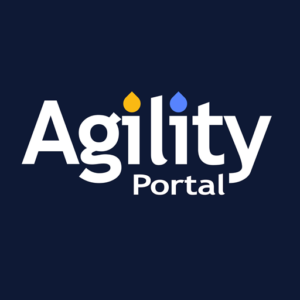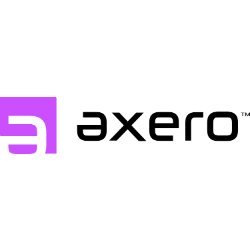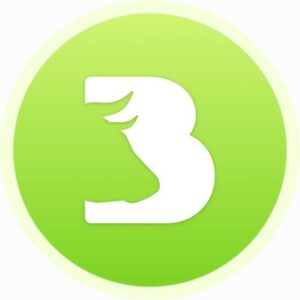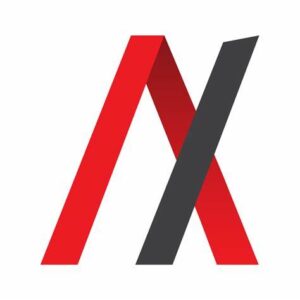Why Calendar Management Is Important In Employee Engagement Software
Calendar is a handy tool when it comes to productivity. When employees clearly see deadlines, meetings, and company events in one place, they feel more in control of their schedules.
With a calendar management feature in employee engagement software, no one misses important updates, training sessions, or team-building activities. This reduces stress and improves participation. It also helps teams collaborate and coordinate better and avoid schedule conflicts. With a structured calendar, employees can balance work and personal commitments, which ultimately leads to a more engaged, motivated, and satisfied team.
Top Features Of Employee Engagement Software With Calendar Management
Modern employee engagement software with calendar management tools makes it easier to manage workplace schedules. Here are some of the features you should look for if you are considering this tool:
- Automated event scheduling to easily plan recurring meetings, training sessions, or team-building activities.
- Team availability tracking to make sure no one's overloaded, respecting work-life balance by avoiding conflicting deadlines.
- Milestone reminders to automatically flag birthdays, work anniversaries, or project deadlines.
- Cross-platform sync to integrate with existing tools like Google Calendar, Outlook, or Slack.
- Many platforms even offer customizable templates for global teams or hybrid work setups.
Benefits Of Integrating Calendar Management Into Employee Engagement Software
Integrating calendar management into employee engagement software has many benefits. Organizations can reduce stress and scheduling conflicts by centralizing schedules alongside engagement initiatives, such as recognition events, training sessions, or wellness programs.
With automated reminders, no milestone, deadline, or team celebration is ever overlooked. It promotes work-life balance by preventing burnout through balanced workload distribution and visibility into time-off requests. Also, analytics from calendar data help HR leaders spot trends, like peak stress periods, to adjust engagement strategies. Ultimately, engagement tools with calendar management create a culture where employees feel valued and organized.











